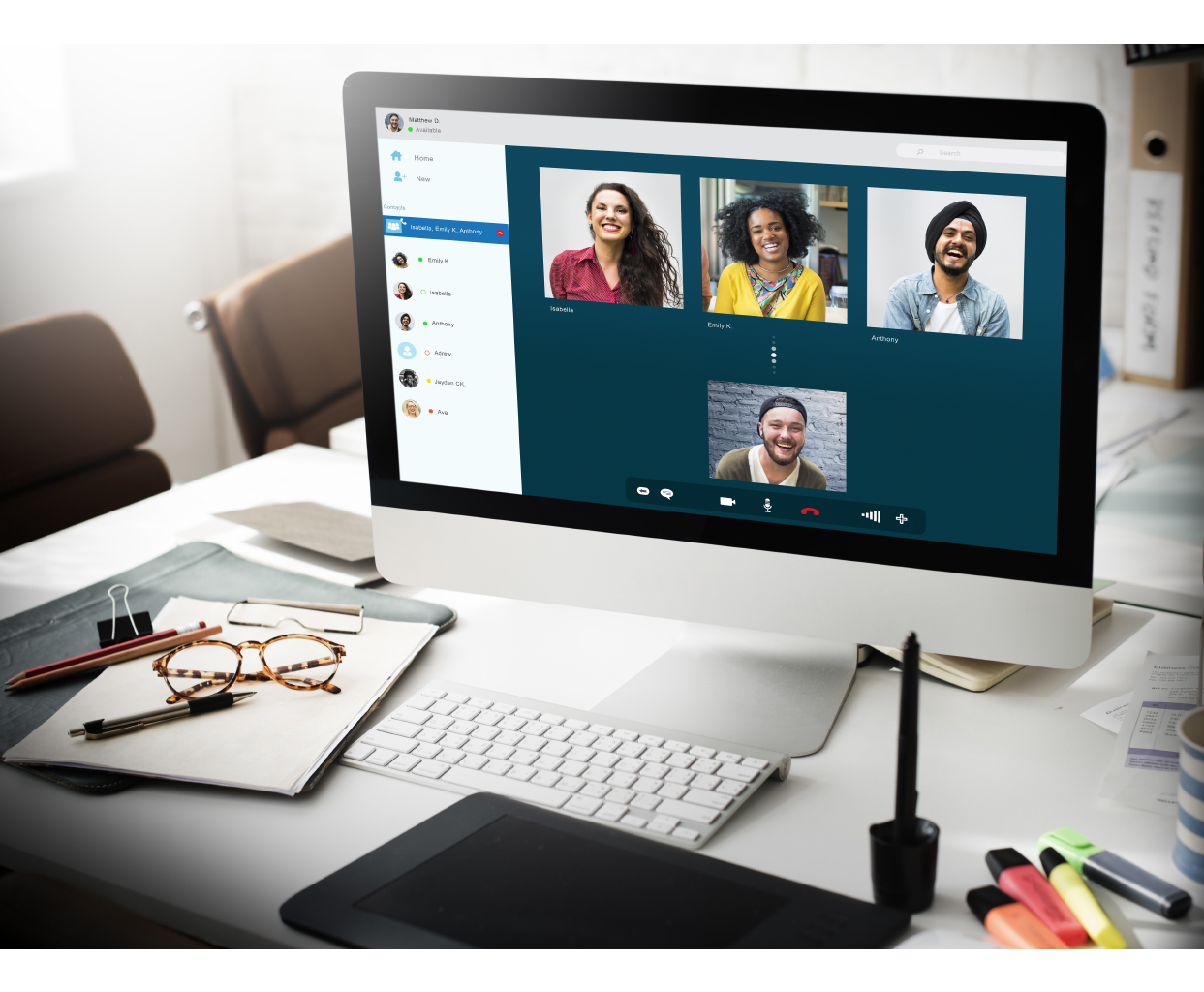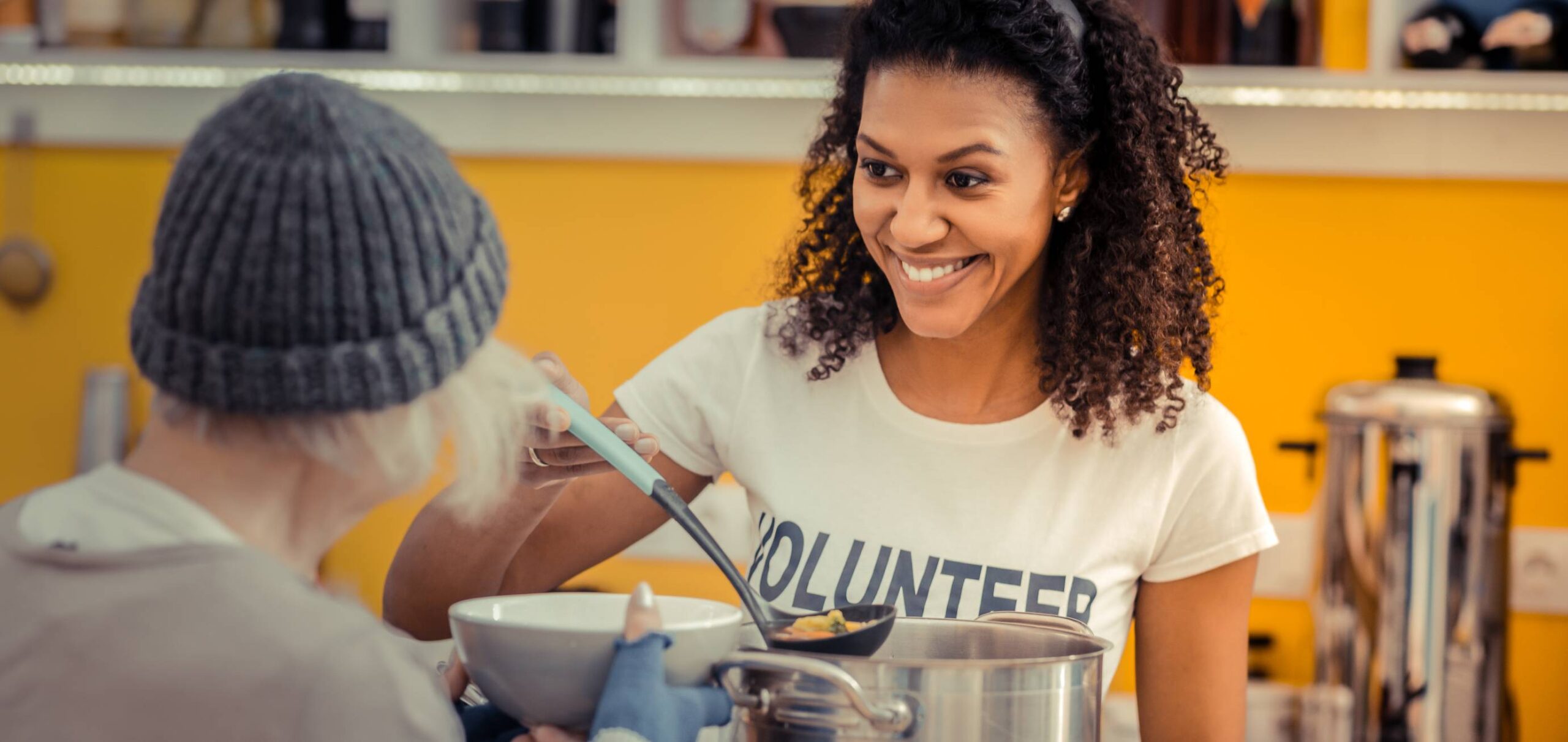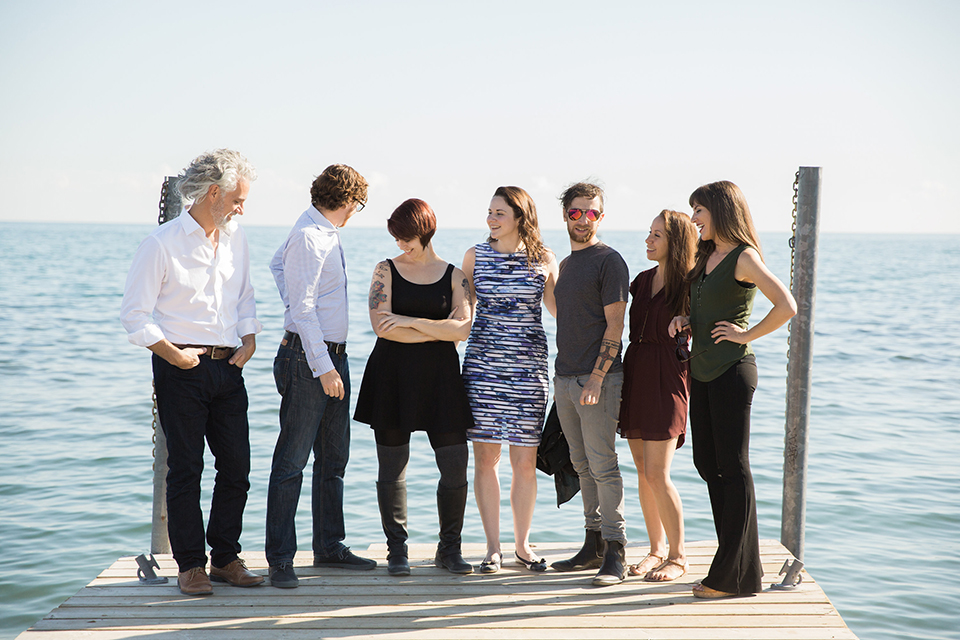To put it lightly, the world is heavy right now. Lately, my household has been avoiding the news out of preservation for our mental health. On any ordinary day, it is selfish to be intentionally—let’s call it what it is—ignorant (though sometimes being selfish is absolutely necessary). In extraordinary times, it feels straight-up irresponsible. This is one of those times.
Today, my company met to discuss issues of racism, specifically related to the recent and tragic events of Ahmaud Arbery, Christian Cooper, and George Floyd.
Realized Worth’s mission is to break down barriers between people. We do this by creating space in which people are invited to challenge their assumptions, begin to shift how they view themselves and the world, and with any luck, begin to change their behavior. One by one, we create a better tomorrow, together.
Today, we created that space for each other. We openly shared feelings and reactions, acknowledged the systems and structures at play, and reached a consensus on a sense of helplessness. We leaned into our shame, and gently guided each other through a difficult dialogue.
After an hour of digging deep into the issue, we are no further along. We said nothing new, affected no change, and made no progress. What we did do was create an alert moment; a moment which forced us all to look in the same direction and confront what we could so easily avoid. It is now the responsibility of each of us to orient; to decide what this means for us and who we want to be in the making of history. Then, we act.
As I do the work to orient, I am using the words of my colleagues—some direct and some paraphrased, both borrowed and original—to guide my reflections:
- People deal with grief and shame differently. It is impossible to say which (if any) way is “right.”
- Dialogue is important, no matter how well or poorly it goes.
- We need to learn how to bear the shame that comes with white privilege, and its complicated history, with grace.
- When we get “it” wrong, we need to bear the negative responses and continue to work on being better.
- “The white liberal differs from the white conservative only in one way: the liberal is more deceitful than the conservative. Both want power, but the white liberal is the one who has perfected the art of posing as the Negro’s friend and benefactor.” -Malcolm X
- As white liberals, we risk coming together and talking about the issue without considering that the conversation is informed by our own biases. We must not strip the issue of context, package a solution and plug it back into the same systems and structures.
- Violence is commerce in America.
- It is difficult to talk about these issues even with socially conscious peers. No one teaches young people how to have these conversations. We aren’t equipped.
- Sometimes we need to be brave and invite hard conversation, and we can do that in safe and non-threatening ways.
- Even if sometimes you feel like you’re preaching to the choir, remember that there is always something more the choir needs to learn.
- Have patience for peoples’ growth. Bias is formed in synaptic pathways and re-mapping the pathways takes really hard work.
- We have to be careful not to use conversations like these to pacify ourselves. Talking about it is not enough and should not be used as a tool to make ourselves feel better about our systemic role in all this.
To absolutely no one’s surprise, not only did the Realized Worth team teach me things about the world today but they taught me something about myself.
I have a degree in sociology. I have written essays upon essays about prejudice, colonialism, social discourse, and the like. I have never considered myself to be shy about social issues, yet here I am avoiding the news; avoiding the discomfort it causes me. I think I understand the dissonance: Academia is a comfortable vantage point. It demands as much objectivity as we can manufacture. It intentionally keeps the subject at an arm’s length. Academia sheds light on issues and while it may urge action it does not command action, neither for society nor the academic. As we at Realized Worth know, it is human vulnerability—the kind my team demonstrated today—that creates environments in which we forge authentic connections with issues and are inspired to take action, however small at first.
As it turns out, I need to work on bringing vulnerability to situations that I know myself to resist. I need this not only so that I may grow in the ways I desperately wish to grow, but so the world may be better because of my growth. This is by no means a fully formed orientation to the issue of race, nor is vulnerability going to “fix” anything, but it’s a first step and it’s my first step.
If you are at a loss of where to start, first look inward. Do the work to unpack the role you play in culprit systems and structures. Put yourself in situations that safely challenge your implicit biases. Seek understanding and continue to educate each other. Practice empathy. Have conversations and let them be difficult. Get comfortable with being uncomfortable. We don’t have time, but change is slow, and it starts with us.
When you’re ready, consider exploring the below resources compiled by the Realized Worth team and their networks:
- Podcasts:
- 1619 (by the New York Times)
- About Race
- Code Switch (by NPIR)
- The Diversity Gap
- Intersectionality Matters! hosted by Kimberlé Crenshaw
- Momentum: A Race Forward Podcast
- Pod for the Cause (from the Leadership Conference on Civil & Human Rights)
- Pod Save the People (by Crooked Media)
- Books:
- Black Feminist Thought (Patricia Hill Collins)
- Black Man in a White Coat: A Doctor’s Reflections on Race and Medicine (Damon Tweedy, MD)
- Eloquent Rage: A Black Feminist Discovers Her Superpower (Dr. Brittney Cooper)
- Heavy: An American Memoir (Kiese Laymon)
- How To Be An Antiracist (Ibram X. Kendi)
- I Know Why the Caged Bird Sings (Maya Angelou)
- I’m Still Here: Black Dignity In A World Made for Whiteness (Austin Channing Brown)
- Just Mercy (Bryan Stevenson)
- Me and White Supremacy: Combat Racism, Change the World and Become a Good Ancestor (Layla F. Saad)
- Redefining Realness (Janet Mock)
- Sister Outsider (Audre Lorde)
- So You Want to Talk About Race (Ijeoma Oluo)
- The Bluest Eye (Toni Morrison)
- The Fire Next Time (James Baldwin)
- The New Jim Crow: Mass Incarceration in the Age of Colorblindness (Michelle Alexander)
- The Next American Revolution: Sustainable Activism for the Twenty-First Century (Grace Lee Boggs)
- The Warmth of Other Suns (Isabel Wilkerson)
- Their Eyes Were Watching God (Cora Neale Hurston)
- This Bridge Called My Black: Writings by Radical Women of Color (Cherríe Moraga)
- When They Call You a Terrorist: A Black Lives Matter Memoir (Patrisse Khan-Cullors)
- White Fragility: Why It’s So Hard for White People to Talk About Racism (Robin Diangelo, PHD)
- And more: Understanding and Dismantling Racism: A Booklist for White Readers
- TV and Movies:
- 13th
- American Son
- Dear White People
- See You Yesterday
- When They See Us
- If Beale Street Could Talk
- The Hate U Give
- Black Power Mixtape: 1967-1975
- Clemency
- Fruitvale Station
- I Am Not Your Negro
- Just Mercy
- Selma
- The Black Panthers: Vanguard of the Revolution
- Online:
- Donate:
- Black Lives Matter – Fights for freedom, liberation and justice for all black lives
- NAACP (National Association for the Advancement of Colored People) – Working to securer the political, educational, social and economic quality of rights in order to eliminate race-based discrimination and ensure the health and well-being of all persons
- George Floyd Memorial Fund – Official GoFundMe to support the Floyd family
- Minnesota Freedom Fund – Pays criminal bail and immigration bonds for those who have been arrested while protesting police brutality
- Black Visions Collective – A black, trans, and queer-led organization that is committed to dismantling systems of oppression and violence, and shifting the public narrative to create transformative, long-term change
- Reclaim the Block – Advocates for and invests in community-led safety initiatives in Minneapolis neighborhoods
- Campaign Zero – Utilizes research-based policy solutions to end police brutality in America
- Unicorn Riot – Dedicated to exposing root causes of dynamic social and environmental issues
- And more: Resources for Those Seeking to Help Anti-Policy Brutality Protestors (RollingStone.com)






